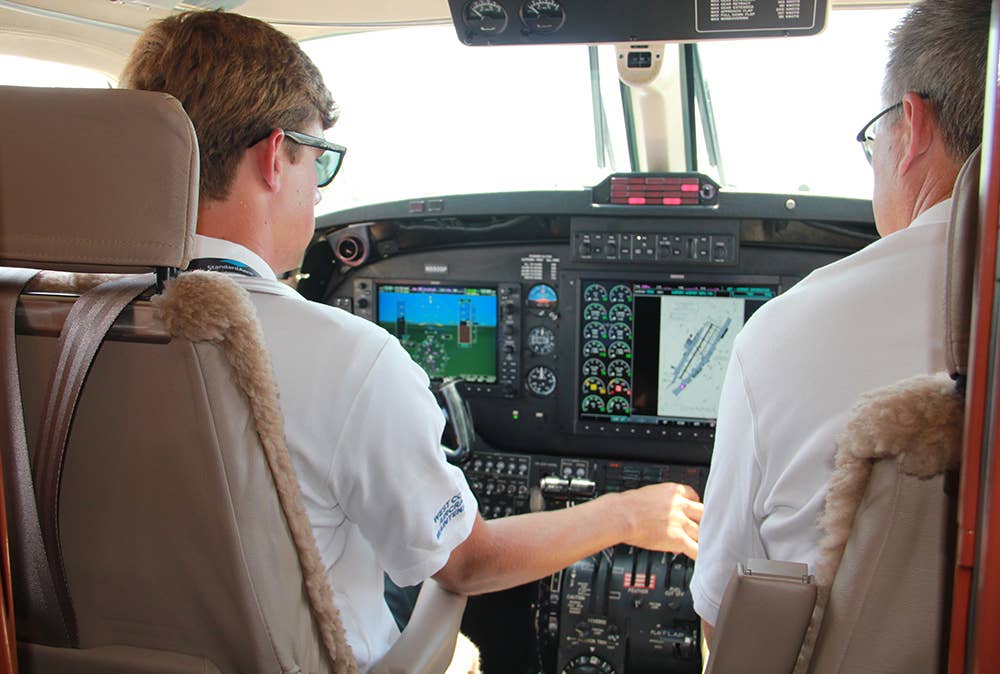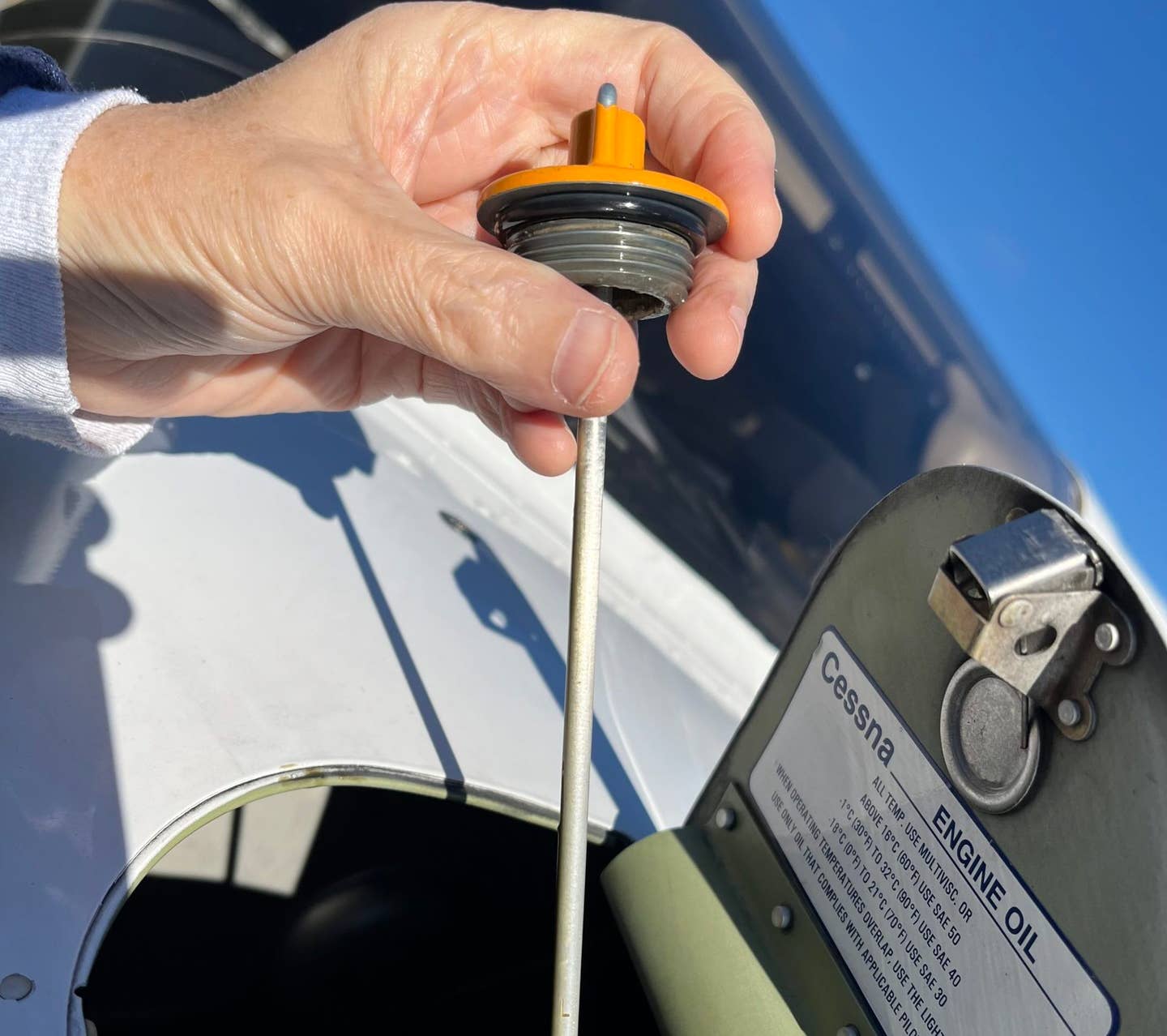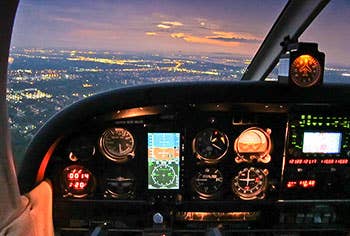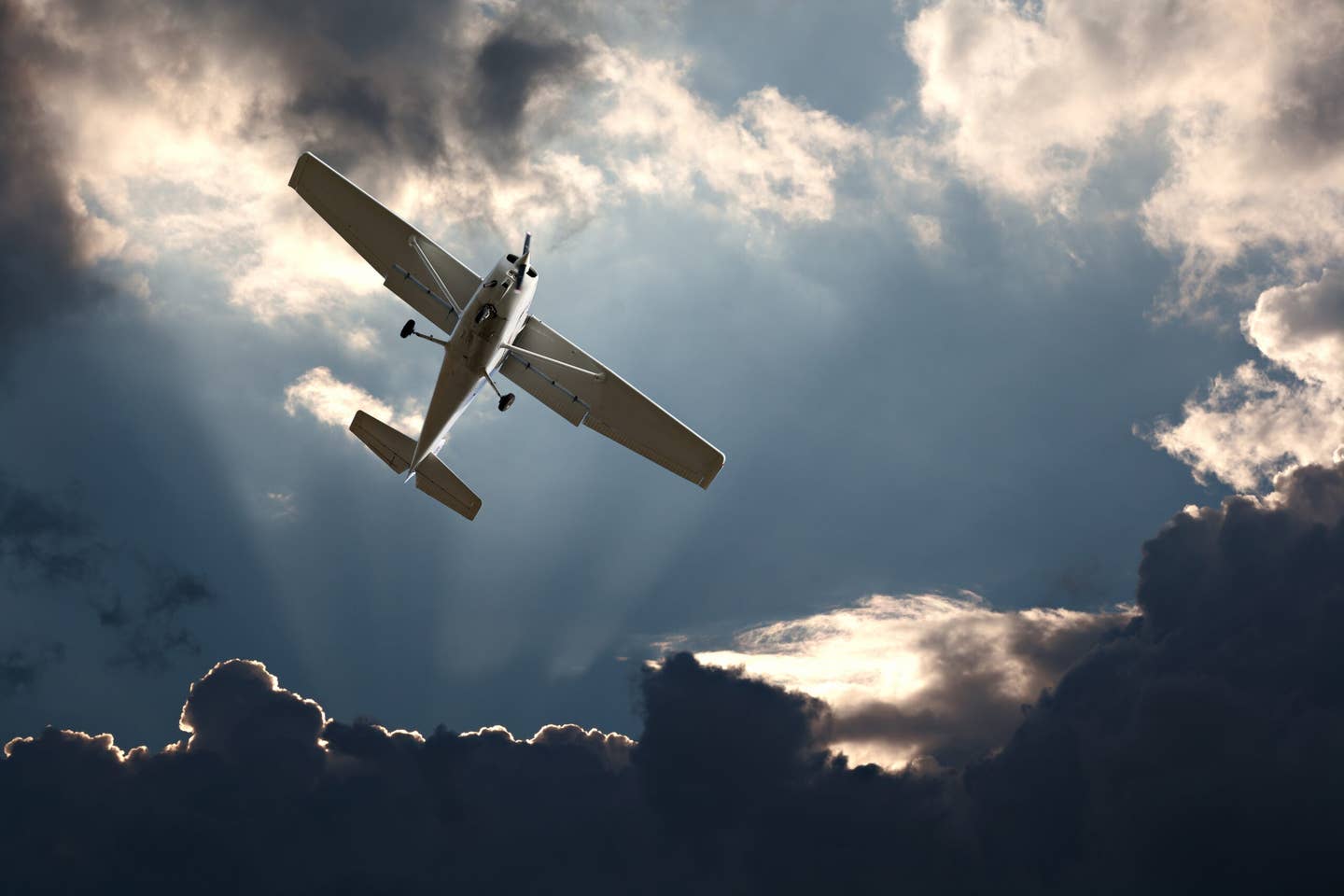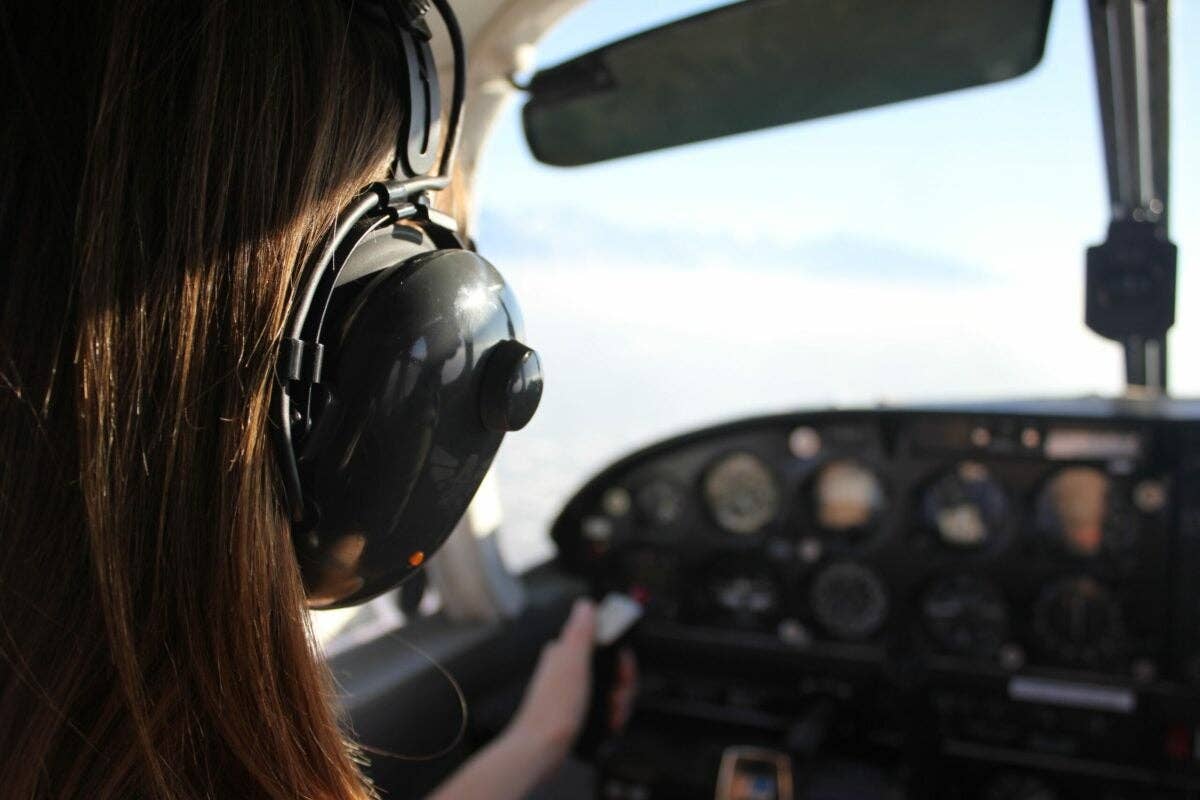What a CFI Wants You to Know: How to Find The Right Fit
When you decide that you’re ready to learn how to fly, finding the right instructor is crucial.
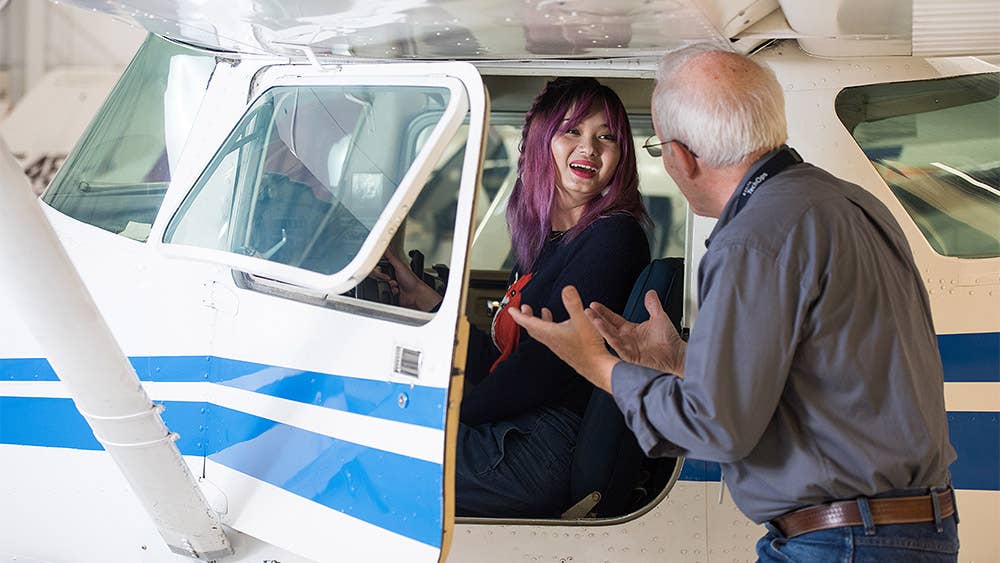
Flight instructors help us all achieve our dreams of learning to fly. Portland Community College
If the people who created Match.com are looking for another group of people to create connections between, they should develop a meeting place for potential students and flight instructors.
I don’t mean to be glib, but it’s an idea I’m sure aviation insiders might swipe right on.
For as long as I’ve been in the training industry, I’ve wondered why there hasn’t been a more robust way for students and instructors to pair up. If you’re a pilot, you already know what I’m talking about. Most of us have worked with individuals, both on the student and instructor side, that you simply didn’t mesh with.
It’s a very expensive method of trial and error. Instead of the focus being on improving mechanical skill sets, the dance of a flight lesson becomes a painstaking exercise in relationship building. The only resolutions have typically been to cast blame, or chalk it up to different personalities, with little room for change.
So, how is it that the most important factor for a pilot’s training success—the pairing of student and instructor—has commanded so little attention?
Surely there is a better way to do this, right?
Not All Instructors Are Created Equal
I don’t mean to cast a shadow on my compatriots in the industry. To become a flight instructor requires an incredible amount of work. Still, technical skills aside, not all instructors are alike.
In my own experience, I’ve learned that knowing how to fly an aircraft well doesn’t equate to being a good educator. Yes, a flight instructor must possess the mechanical know-how to perform flight maneuvers, but if yours has a capacity for teaching that stops there, you won’t get far in your training when you hit a bump in the road.
Aside from the bare minimum of holding a CFI certificate and all the standards of professionalism that should come with that, the things that are going to determine a learner’s success are their instructor’s integrity, patience, and empathy.
Instructors who excel on the job are the ones who have incredible communication skills, empathy, and who embrace the idea of learning and improving being more important than failing.
In an article I wrote a while back on Tom Brady, I pointed out how one of his coaches was able to affirm and support Brady without berating him when he struggled. Ironically, these things—integrity, empathy, and patience—are usually developed outside the flight deck, through varied life experiences. How else can you be patient with someone who makes an error if you haven’t been there?
So, if you’re in the market for a flight instructor, one thing to watch out for is the wunderkind who’s in the hall of fame for never making mistakes, because they might not leave you any room to learn. While this isn’t prescriptive, I speculate that there are other pilots who’ve had this experience and would agree.
Admittedly though, it can take a while to figure out that you’re in this position.
Shop Around
If you’re searching for the right instructor, it pays, or rather, it saves to look hard for the right fit.
I can almost hear you saying that training is too expensive to be so uncommitted. But consider that working with the right instructor is the most important thing a student could do—so it’s important to get the dynamic right.
While I don’t mean to encourage commitment issues, as earning flight ratings are months-long undertakings, it’s beneficial to spend a little extra time to find an instructor who’s the right fit.
This especially applies to people in the Part 61 training world, where there may be more options within both the syllabus and instructor schedule. Dissuade yourself from being awed at someone’s title, and the allure that comes with believing only they could provide instruction in the way you need. At the end of the day, taking flight lessons isn’t fundamentally different from taking any other type of lessons.
As there’s no harm in finding the right person to teach Stravinsky’s Three Movements, neither is there in finding the right instructor to teach chandelles. In fact, smart instructors will also embrace this principle and encourage students to look around if the right fit isn’t there.
Does your instructor candidate encourage options training? That’s a good sign.
Knowledge is Power?
Good instructors tell you what they know. Great instructors tell you what they don’t know. This is antithetical to how pilots generally carry themselves, sometimes to a fault. Instructors need to be sure of a lot of things, as we are asked to bet our lives on these decisions, but sometimes this bleeds over into the rest of life.
When searching for the right instructor for you, look for the ones who are confident in admitting what they don’t know. There’s an ocean of information to cover in aviation, so it’s impossible to know everything. People who know what they don’t know will give you room to learn too, which encourages a skillset more long-standing than any maneuver they can teach.
It’s still important to be good at flying and knowing exactly what is going on inside the airplane. As an outsider, it’s difficult to know for sure, and admittedly it will require some homework to assess an instructor candidate.
There is a simple “test” you can give an instructor to find out if you’ll be able to relate to them: Ask the instructor to explain a complex principle using an everyday analogy.
Done right, analogies are powerful mental models that force you to map a complex thing to something you know. That way, even if you don’t understand the new thing, you can say “Ahh, I’ve seen this before.”
Part 61 vs. Part 141
Much of my advice here will be easy to use in Part 61 world, where students are getting into flight training outside a structured institution like a four-year college. Under Part 61, pilots must exercise much more discretion to determine if the instructors they decide to work with meet some of these requirements. Admittedly, it does require more work, and unfortunately, options might be limited, as these schools are few and far between.
In a Part 141 training environment, where the training must be much more structured, large departments usually have a wider instructor pool. While they don’t encourage shopping around, students have a better chance of finding the right instructor.
Usually, people aim to make the best of pairings, but maybe the industry should move beyond this approach by now? I may have been a bit facetious with my Match.com pitch, but how helpful would it be to have a more sophisticated way to establish a working relationship with the right training partner?

Sign-up for newsletters & special offers!
Get the latest FLYING stories & special offers delivered directly to your inbox

